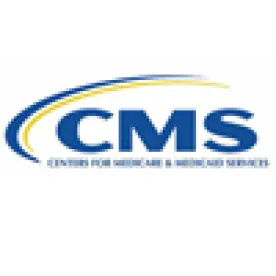Today (January 11, 2018), CMS released a Letter to Medicaid Directors outlining guidance that work requirements can be used as a basis for eligibility for certain adult Medicaid beneficiaries through 1115 waivers. Medicaid beneficiaries that can be subject to work requirements include non-elderly, non-pregnant adult Medicaid beneficiaries who are eligible for Medicaid on a basis other than disability. The guidance also outlines that exemptions/protections from work requirements must be made for individuals who are medically frail or have substance use disorders. It also details that states should outline how they would support beneficiaries with limited employment opportunities (economically depressed area, rural area, transportation limitations, etc.). The guidance suggests state could use good cause exemptions similar to those used in SNAP and TANF.
According to the guidance, states are in the best position to develop their own unique work requirements, which could include career planning, skills training, education, job search, caregiving, volunteer service. CMS supports states’ efforts to align SNAP or TANF work or work-related requirements. Because job training and other employment services, child care assistance, transportation, or other work supports to help beneficiaries prepare for work or increase their earnings are not services that are subject to federal Medicaid matching funds, states are unlikely to offer these services if they implement work requirements.
Currently, 10 states have applications pending that ask for permission to include some type of work requirement: Arizona, Arkansas, Indiana, Kentucky, Maine, Kansas, North Carolina, New Hampshire, Utah, and Wisconsin. However, it is highly likely that once any of these waivers are approved, there will be a legal challenge on the work requirement piece.
The Kaiser Family Foundation has found hat approximately 40% of non-SSI Medicaid adults are not working, and these individuals are most likely to be affected by this policy. The remaining 60% of non-SSI Medicaid adults who either work part-time or full-time; presumably would meet any work requirement policy.
It is also important to remember that states have to invest in this policy – they can’t just commit to it but must actually make a financial investment in executing it. The guidance explicitly states that budget neutrality still applies to 1115 waivers. Additionally, the guidance details that states cannot accrue savings from loss in enrollment due to work requirements, which means that states will need to pay for any work requirement administrative burden, such as determining if an individual is working, developing an enrollee reporting system and employment supportive services, etc. However, if states align their work requirements with existing systems, such as those used with TANF and SNAP, it could decrease administrative costs.
We will continue to follow. this issue, especially developments in the 10 states that already have a work requirement 1115 waiver pending and any new states that join those ranks.



 />i
/>i

